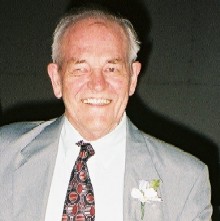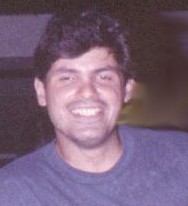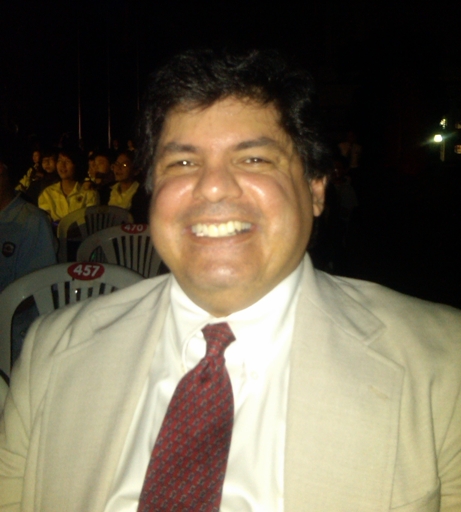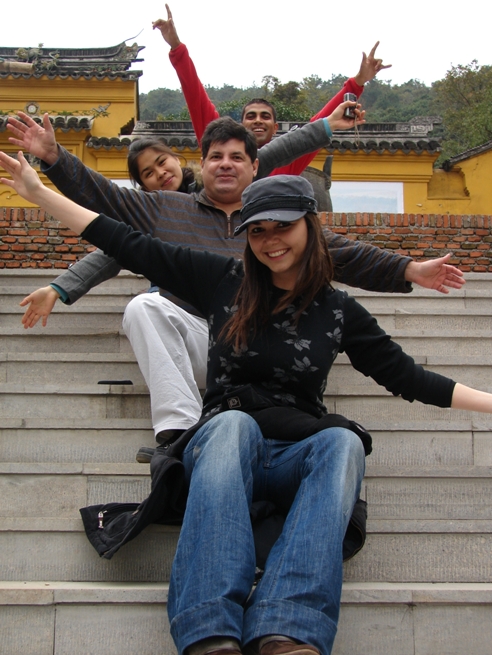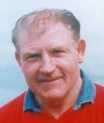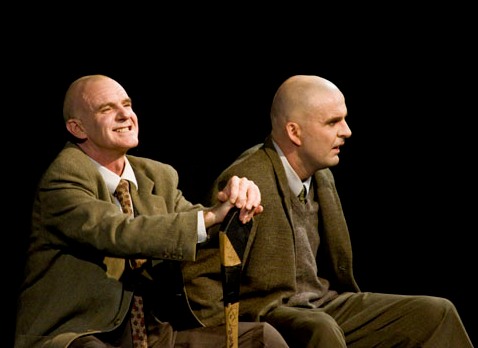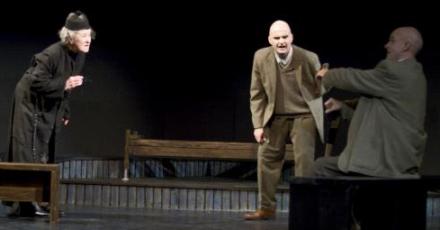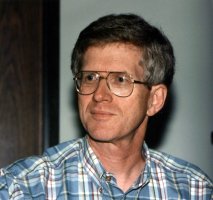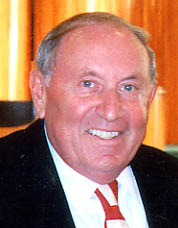I’d like to introduce you to someone. I never personally met her although I wish I had, but now suddenly, well, actually not so suddenly, it’s too late. She died a couple of days ago knowing for a long time that death was coming. She did not go out screaming and weeping; she went demanding that we laugh, advising us to live and love life, and that Global Warming is now our @#$&* problem. She left cussing (and cussing was one thing at which she was most adept) and she left cussing out her unearned disease, ALS, aka Lou Gehrig’s disease. Her name was Carla Zilbersmith. No, not “was.” It still is. Always will be.
For those of us who have had the honor to watch the last part of Carla Zilbersmith’s life in a film called “Leave Them Laughing”, we marvel at her strong sense of self and her need to not let ALS win, although she was acutely aware that it always wins, and would win this time too. She was a Canadian/Californian stand-up comedienne who eventually could no longer stand up, a woman who saw her doom up close and personal, swore at it and with her young care-giver son at her side, Maclen Zilber, tackled it headlong, knowing she would not win but insisting she would exit laughing. And what a beautiful, kind, insightful and unreal kid Maclen is. We’ll be hearing more about him as the years pass. Count on it.
Carla was 46, divorced and was making a respectable name for herself in showbiz before she was diagnosed with Amyotrophic Lateral Sclerosis. She sang well, she told ribald jokes, and as her disease progressed, she became raunchier and funnier, determined that she would leave everyone she knew, and especially those she didn’t, laughing. Her film, “Leave Them Laughing” is billed as a musical comedy about dying, and it is.
It’s also an award-winning documentary, and you can see it at a special benefit screening. I’ll tell you how at the end of this column. Wherever it shows, it’s always SRO, and yes, there’s always a quest for funds to make final fixes to the film. About $100K is needed for a final audio mix, color corrections, clearances, music rights, etc. Filmmaking is expensive.
Carla has a father who loves her and while he laughs with her and clearly enjoys his daughter, one can see the pain in his face and eyes because he knows he is slowly losing her. One knows he wishes the Fates had given ALS to him and not to this beautiful daughter he adores, she with the thick mane of long, shining red hair and a huge, toothy smile who clearly adores him back.
Carla Zilbersmith graduated from college and went into stand-up comedy. In the film, she talks about her collection of unusual condoms and talks openly of her envy of Wilt Chamberlain saying she wishes she had his disease instead of hers so she could have sex with 20 thousand people and then die. Carla Zilbersmith is irreverent, hilarious and she loves sex. As she slowly dies, she is utterly adorable.
Carla Zilbersmith talks as she dies and dies more, about being able to be on her own. Her beloved son, who cares so dearly for her, knows he has to go to college, to separate from his mother and it rips at both of them. Can it happen? Yes, he can go. She cannot. Maclen is rejected from Berkeley to where he’d had his heart set. Listen to Carla Zilbersmith’s words to her son as they discuss this huge disappointment in her boy’s life. Both are strong people and although Carla Zilbersmith weakens every day, she keeps joking, cussing, laughing and being wise and a wiseass with her son. They laugh together all the time. Their connection is unlike many of us will ever witness or experience in our lifetimes.
This fine, beautifully edited film that Carla Zilbersmith insisted be made is never cloying, and never a pity-party. If we as viewers don’t get inspiration and yes even motivation or at the least a new outlook on our lives from Carla’s struggles and desire to teach us to laugh within our own struggles, then could be we’re just not paying attention.
Why do I constantly refer to Carla by her first and last name in this column? I don’t want you to forget her, as if anyone could. Hilarious, sometimes difficult to the eyes and senses, the film becomes slightly incongruous as one hears Louis Armstrong singing, “It’s A Wonderful World” in the background.
Carla Zilbersmith's world is clearly not so wonderful, at least to us although she insists it is to her. In one meaningful scene she watches thousands of coppery red monarch butterflies fly away from her, all glowing in the sunshine, all the color of Carla’s hair as they flutter up into the bright blue beyond, and we all know the mythic symbolism of butterflies flying.
This remarkable film won the prestigious jury prize at HOT DOCS in Toronto, and will win many more. It is being clamored for world-wide. Carla Zilbersmith met death with her dukes up and a huge laugh coming from her strangled throat. May is/was ALS Awareness Month; every 90 minutes someone dies of the disease. Carla Zilbersmith left us knowing more about it, but more so how to live with and die from ALS and most importantly how to exit laughing. This did not save her; but it gave lots to us.
Would you like to see this film? You can. You should. The benefit screening is at the Frontier Café and Cinema at Ft. Andross in Brunswick on June 2nd at 7 PM. Ticket cost is $15. Make your reservation by calling 725-5222. There will be donation envelopes available should you wish to contribute to help complete this film. The theater seats 85, so do hurry. It is wheelchair accessible, as Carla Zilbersmith would have insisted, of course. There will be Q&A after the movie with a representative from the ALS association. The Frontier Café is always generously supportive if Independent Films like this. Go to see it; you will not leave all weepy and sad. Carla Zilbersmith would not approve of anyone’s doing that, and even in death, you do not want to mess with this woman! Check out www.leavethemlaughingfilm.com.
Do you wonder why I keep saying her full name throughout this column? It is because I do not want you to forget her. When you see this film, you never will.
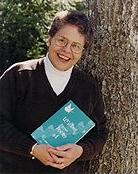 | Click on author's byline for bio and list of other works published by Pencil Stubs Online. |








